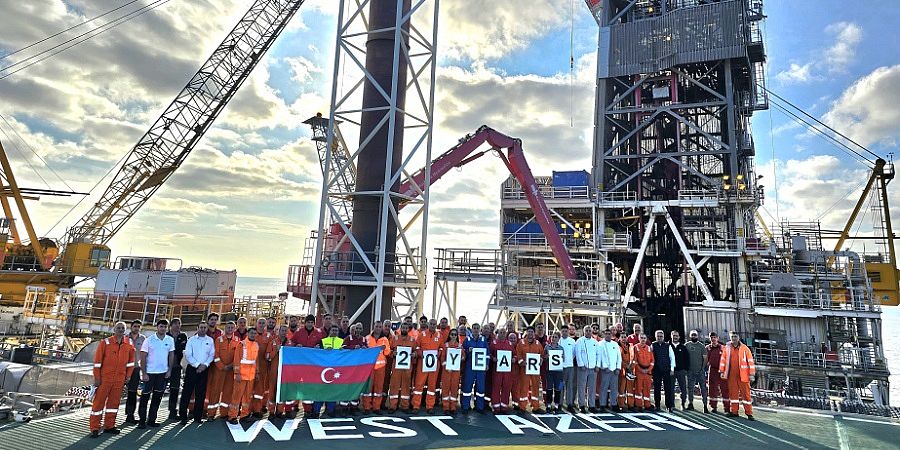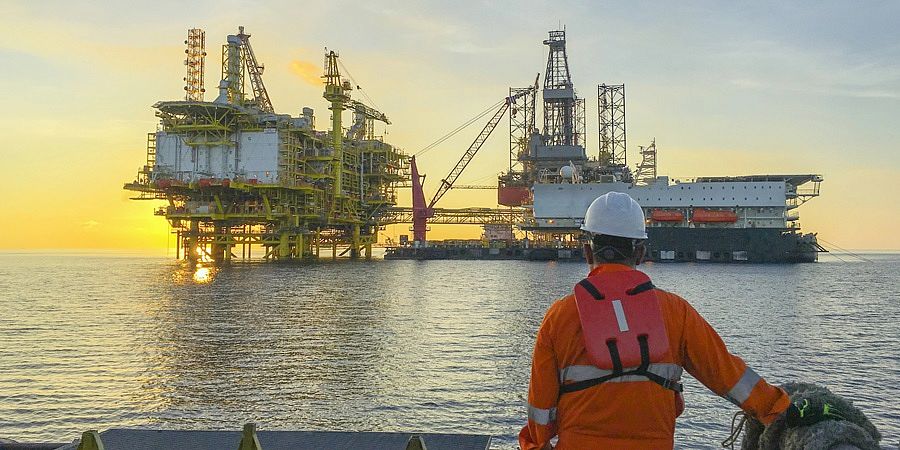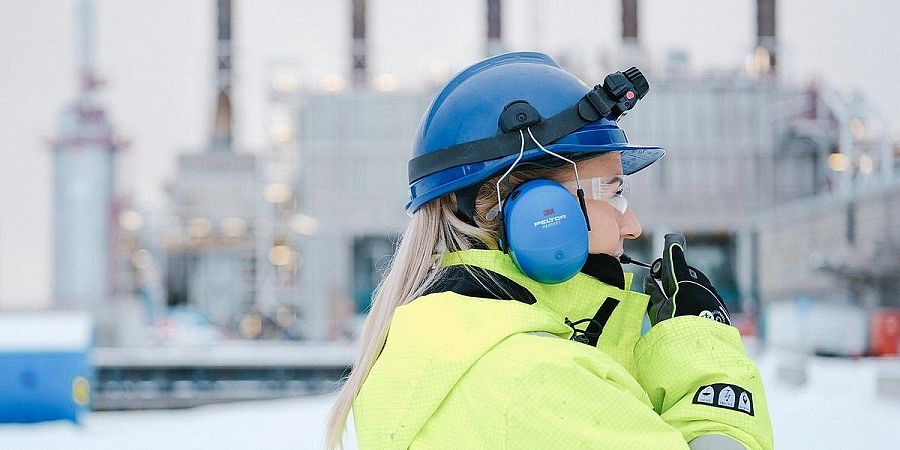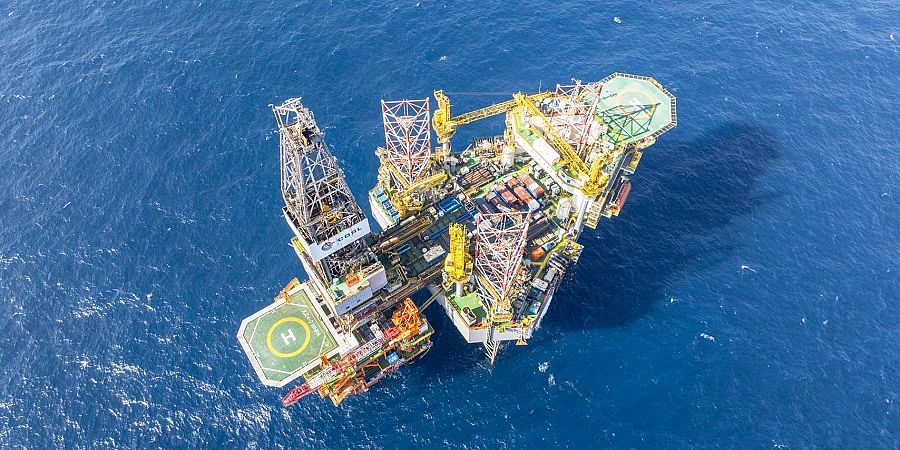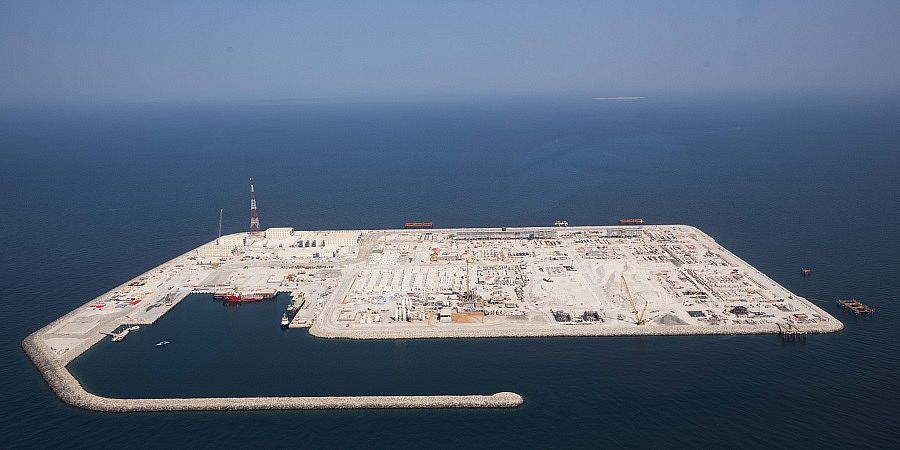The eventual aim would be to lift the capacity to around 15 bcm annually within 4 years of the initial production, in what is said to be roughly one quarter of the EU’s output today.
The nation in June announced it had discovered 135 bcm of additional gas in the Amasra-1 borehole in the northern Sakarya field, raising the total discovery in the region to 540 bcm.
Turkey consumes between 45 bcm and 50 bcm of natural gas each year, for which it pays between $12 billion and $15 billion.
The peak output from the Sakarya field would account for over 31% of last year’s demand.
Turkey imported 48.1 bcm of gas last year, up 6% from a year before, of which a 3rd was from Russia.
The gas discovery could alleviate much of the nation’s gas import dependence, most of which mainly comes from Russia, Azerbaijan and Iran via pipelines along with LNG from several countries, including Nigeria, Algeria and the U.S.
Turkey is set to witness a significant rise in the gas demand this year, Deputy Energy & Natural Resources Minister Alparslan Bayraktar said last week, the demand would reach around 60 bcm by the end of the year, adding that soaring natural gas prices would be challenging.
No plans for international firms
Turkey has already initiated production of the pipes that will comprise a pipeline beneath the Black Sea to bring the gas onshore.
The seabed pipeline stretching around 169 km is scheduled to be constructed in 2022 to connect the wells in the region to the main grid.
The gas will be transported to the mainland in 3 phases:
- The 1st phase of designing the seabed natural gas production systems has been completed
- The 2nd phase will consist of an onshore gas processing facility at Filyos port, for which the foundation has already been laid
- The pipelines that are being produced comprise the final phase and will connect those 2 units together
Ankara has so far insisted it will develop the gas field on its own and has been cool to foreign corporate interest.
Dönmez echoed the views, saying that TPAO has the technical capacity to do it alone and that the government had no plans to invite international oil companies to operate fields.

